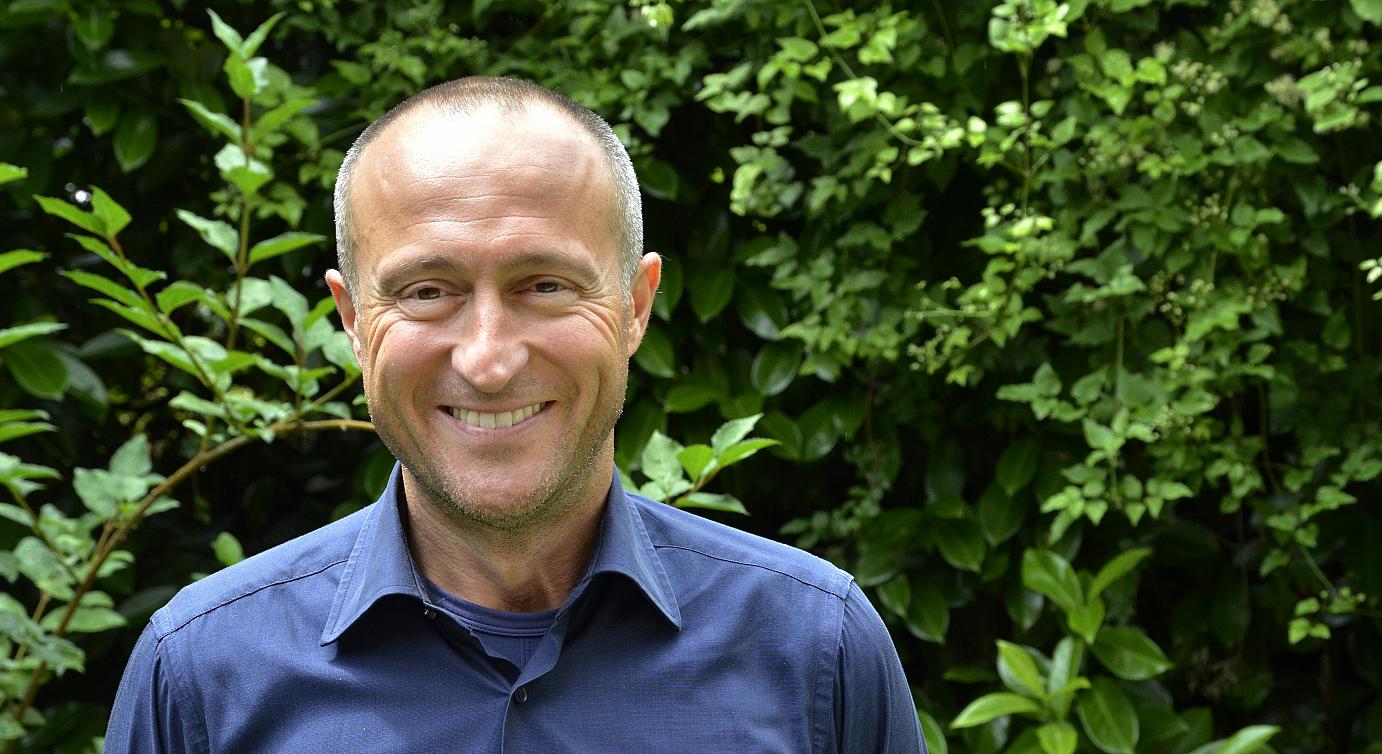
Conversation with Massimo Monti, CEO Alce Nero
3 September 2015A brand that managed combining the challenge of organic farming with excellent results in terms of sales. We talked about the history of Alce Nero and the factors that determined its success with CEO Massimo Monti, who met the MBA students.
How Alce Nero came to be established?
The history of Alce Nero, as a farming and business initiative, dates back to the early 70s. The history of the company Alce Nero – as it is today – started at the end of 1999. In that year, the brand Alce Nero had a turnover of 3 million euro, in 2015 we’ll reach 50 million as a brand, and 60 million as a company. Over these past years, our offer was extended to include new categories and products, many new producers and even more new farmers joined our group; both the reputation and the appreciation for our brand have grown enormously, in particular in the last two years. The entire organic sector has grown considerably as well in the meantime, and this is one of the reasons for our excellent performances. We’ve grown at twice the speed of the market though. We’re satisfied but aware there’s still a lot to do.Consumers increasingly wish to know product characteristics and origin.
For your products, you use the so-called “etichette narranti” (narrative labels). Could you explain what they are?
That is exactly the case and an additional explanation for our positive results. Something is changing in the relationship between food and those who use it. After too many decades when the relationship between the farmer/producer and the user of food (a central and constant relationship for thousands of years) had been substantially interrupted and replaced, too often, by the fairy tales devised in marketing offices, finally many people are eager to know. What people are interested in are: who produced that food, where the raw material comes from, how it was grown, and who grew it, with which techniques, with which seeds and utilizing which varieties, what process was chosen, where and who did the processing. The target of the narrative label, which we didn’t invent as it was originally a Slow Food idea, is precisely this: re-establishing and re-creating a strong and transparent relationship between those who produce food and those using it, in an immediate and easily understandable way, directly on the product packaging.
Alce Nero is the brand of over a thousand farmers and beekeepers. What is the added value of such a type of organization?
The answer I gave to the previous question is relevant in this sense: it allows you, in a natural and innate way, meeting the new needs for transparency, knowledge, awareness, of a continuously growing number of users. And then, from a more operational and production viewpoint, in a context in which the demand for raw materials is structurally becoming higher than the supply, a sound, long-lasting connection based on the direct participation of the farmer and the reciprocity in the distribution of the value created, allows you having a privileged position concerning the supply of raw materials, the best ones particularly.
How can one ensure organic quality in a production that comes in big quantities?
The quantity produced, taking for granted the inevitably lower yields of organic farming, is always necessarily a function of the agricultural surfaces used. Ensuring growing quantities of organic products means converting land from chemistry to ‘bio’; or bringing back to production fields that had been basically abandoned (particularly suitable for organic farming when dealing with hilly or pre-apline areas). There’s a lot to be done, a great potential – of economic, social and environmental progress – especially in a country such as Italy, where a nondescript production would never be able to be competitive in terms of price.
How did you manage to gain access to the large scale retail sector?
One of the reasons why our company was established – precisely by grouping together already existing companies – was to be together in order to achieve higher efficiency and commercial, logistic and production strength. Working with the large scale retail sector requires this efficiency. Modern distribution has always been central to our commercial policies for the simple fact that the majority of end users of our products do their food shopping in large supermarkets, and they are always inevitably our target.
How about your development plans for foreign markets?
About 20% of our turnover already comes from foreign countries, mainly Asia. Our market can’t afford – in order to enjoy an important and sound development – being exclusively domestic, therefore we’re investing and we’ll continue doing so to make Alce Nero an increasingly international brand. Therefore, our objective for the future could be summarised as follows: new markets, new products and more and more lands converted to organic farming.
What piece of advice would you give to a student who’d like to start operating in this sector?
To look ahead, not to attach too much importance, at the beginning at least, to status, money and career possibilities. To keep in mind and attach value to the fact that anyhow doing something that contributes a little bit to improve the world can be unexpectedly and significantly rewarding. Not to discard, should the possibility arise, the chance to become active in farming. Organic farming, of course.
Would you like to read more Dialogues with BBS Community lecturers? Please click here.
